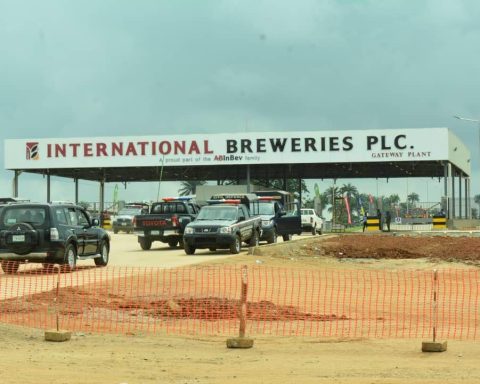Nigeria’s oil production has shown significant improvement in 2025, with the country exceeding the production quota allocated to it by the Organisation of the Petroleum Exporting Countries (OPEC) for the second time this year.
The first time was in January and the second in June.
Join our WhatsApp ChannelAccording to OPEC’s latest Monthly Oil Market Report, Nigeria’s average daily crude oil production rose to 1.505 million barrels per day (bpd) in June 2025, slightly exceeding its OPEC quota of 1.5 million bpd.
This represents a 3.58 per cent increase from 1.453 million bpd recorded in May 2025.
Also, the Nigerian Upstream Petroleum Regulatory Commission (NUPRC) reported that the nation produced 1,505,474 barrels of crude oil per day on average in June, which accounted for 100.4 per cent of the OPEC quota.
About 1.7 mbpd of oil, including crude and condensate, was produced. In comparison to the preceding months, this represented an improvement in crude production.
The crude and condensate outputs in May totaled 1.65 mbpd, while only crude was 1.45 mpd. In March, production was as low as 1.60.
The NUPRC stated in its report that the combined production of crude oil and condensate in June was 1.61 million barrels per day at its lowest point and 1.82 million barrels per day at its peak.
READ ALSO: Crude Oil Price Drop Below $60 Heightens Concerns For Weaker Naira, Wider Budget Deficit
“The average crude oil production was 100.4 per cent of the OPEC quota (1.5 mbpd). The daily average production in June was 1,697,045 barrels per day, comprising both Crude oil (1,505,474 bopd) and condensate (191,572 bopd),” NUPRC stated.
However, the output was still below the targeted 2.06mbpd projected in the 2025 budget.
Oil Production Challenge
Nigeria has struggled with consistent production in recent years due to several factors, including persistent oil theft in the Niger Delta region, pipeline vandalism, aging infrastructure and operational inefficiencies among others.
Despite these challenges, recent security improvements have contributed to the production rebound. The Nigerian National Petroleum Company Limited (NNPCL) reported achieving 100 per cent crude oil pipeline availability throughout June 2025 – a significant milestone for an industry plagued by sabotage and theft.
Nigeria has ambitious plans to further increase its oil production.
READ ALSO: Nigeria Needs Improved Security, Investment To Achieve Over 2 mbpd Crude Oil Production – Report
Last week, the Group Chief Executive Officer of NNPCL, Bayo Ojulari, expressed optimism that oil output would rise to 1.9mbpd in December this year, adding that the target is for the country to ramp up production to 2.06 million barrels per day by 2027 and a long-term target of 3 million bpd by 2030.
These goals are supported by recent investments in capacity expansion, including: $1.8 billion invested in upstream operations since 2023, implementation of advanced pipeline monitoring systems, development of deep offshore fields like Bonga North (expected by 2027), and rehabilitation of 23 previously abandoned oil fields.
The June 2025 production performance marks an important milestone in the country’s efforts to stabilize and grow its oil output. While challenges remain, the combination of improved security, infrastructure investments, and ambitious production targets suggests Nigeria is positioning itself for a more significant role in global oil markets. The coming months will be crucial in determining whether the country can sustain this production growth and achieve its goal of a higher OPEC quota by 2027.
Victor Ezeja is a passionate journalist with seven years of experience writing on economy, politics and energy. He holds a Master's degree in Mass Communication.











